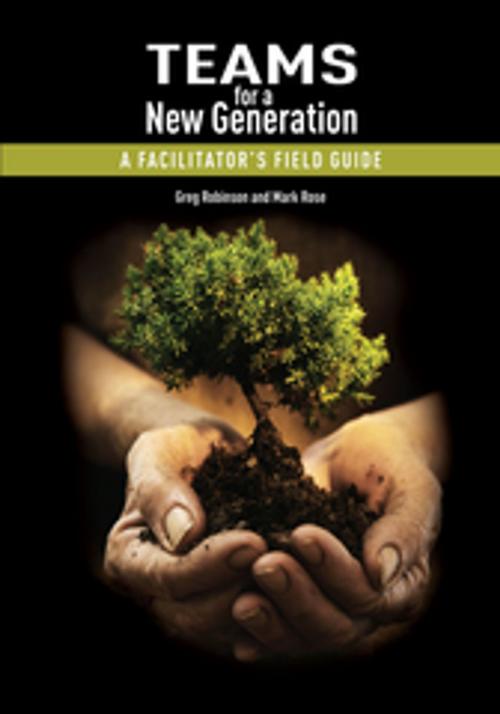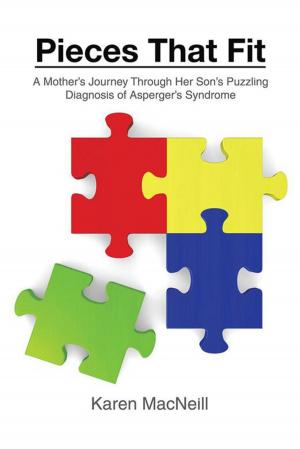Teams for a New Generation
A Facilitator's Field Guide
Nonfiction, Reference & Language, Reference, Guides & Handbooks, Education & Teaching| Author: | Mark Rose | ISBN: | 9781434324115 |
| Publisher: | AuthorHouse | Publication: | October 12, 2007 |
| Imprint: | AuthorHouse | Language: | English |
| Author: | Mark Rose |
| ISBN: | 9781434324115 |
| Publisher: | AuthorHouse |
| Publication: | October 12, 2007 |
| Imprint: | AuthorHouse |
| Language: | English |
There has been much written about teams with an ongoing debate about the primacy of environment or dynamics as the most important element to effective teams. Yet the need for groups to be able to consistently tap into the collective intelligence present in the team is more and more important. This requires teams to move beyond cooperation, goodwill and consensus and be able to challenge individual and collective assumptions to see new alternatives.This book provides a simple but elegant model to understand how teams move past the mediocrity of consensus to innovative thinking that comes with Collective Learning.
Collective Learning occurs when teams become aware of their assumptions and it challenges them to create a new understanding of what is real and what is important. When that happens, lasting change can come from within the team. There are four distinct abilities that must be present to provide the infrastructure for a group to learn collectively, and here is the how to to dramatically increase team effectiveness.
This book is focused on how a facilitator can help groups and the individuals in those groups slow down the emotional and belief processes in order to create opportunities to choose responses rather than being on automatic pilot. The purpose of the facilitators effort is to move experiential learning beyond the traditional notion of teambuilding. Teambuilding has become a catchall phrase for helping a group get more comfortable with one another and develop trust. It is our opinion that to unlock the power of these experiential tools, facilitators must think about developing two Meta-skills Emotional Maturity and Critical Thinking. Using experiential learning to develop the attitudes and skills to continually learn provides a real hope for creating fundamental change in the way people and groups interact.
There has been much written about teams with an ongoing debate about the primacy of environment or dynamics as the most important element to effective teams. Yet the need for groups to be able to consistently tap into the collective intelligence present in the team is more and more important. This requires teams to move beyond cooperation, goodwill and consensus and be able to challenge individual and collective assumptions to see new alternatives.This book provides a simple but elegant model to understand how teams move past the mediocrity of consensus to innovative thinking that comes with Collective Learning.
Collective Learning occurs when teams become aware of their assumptions and it challenges them to create a new understanding of what is real and what is important. When that happens, lasting change can come from within the team. There are four distinct abilities that must be present to provide the infrastructure for a group to learn collectively, and here is the how to to dramatically increase team effectiveness.
This book is focused on how a facilitator can help groups and the individuals in those groups slow down the emotional and belief processes in order to create opportunities to choose responses rather than being on automatic pilot. The purpose of the facilitators effort is to move experiential learning beyond the traditional notion of teambuilding. Teambuilding has become a catchall phrase for helping a group get more comfortable with one another and develop trust. It is our opinion that to unlock the power of these experiential tools, facilitators must think about developing two Meta-skills Emotional Maturity and Critical Thinking. Using experiential learning to develop the attitudes and skills to continually learn provides a real hope for creating fundamental change in the way people and groups interact.















